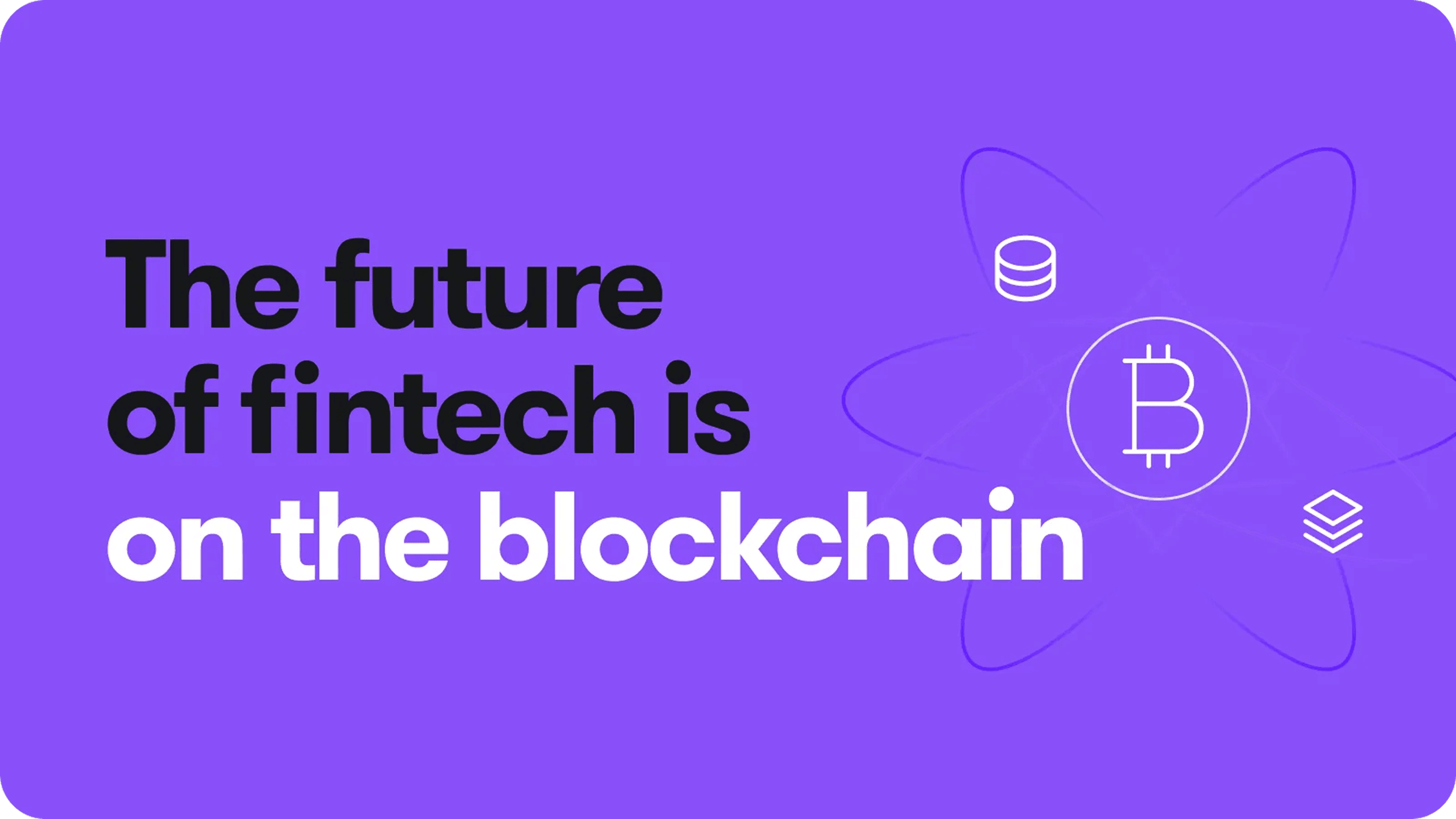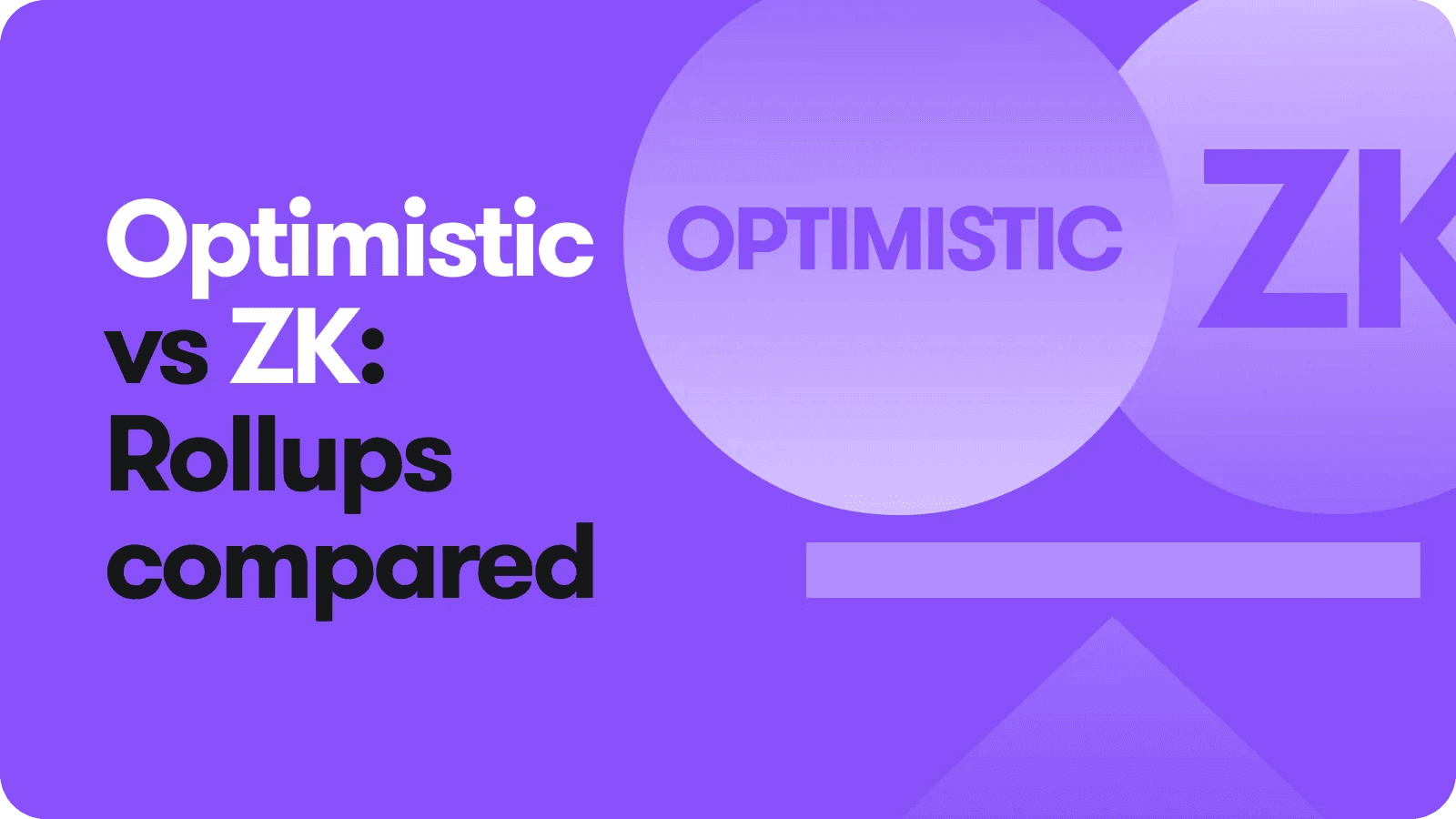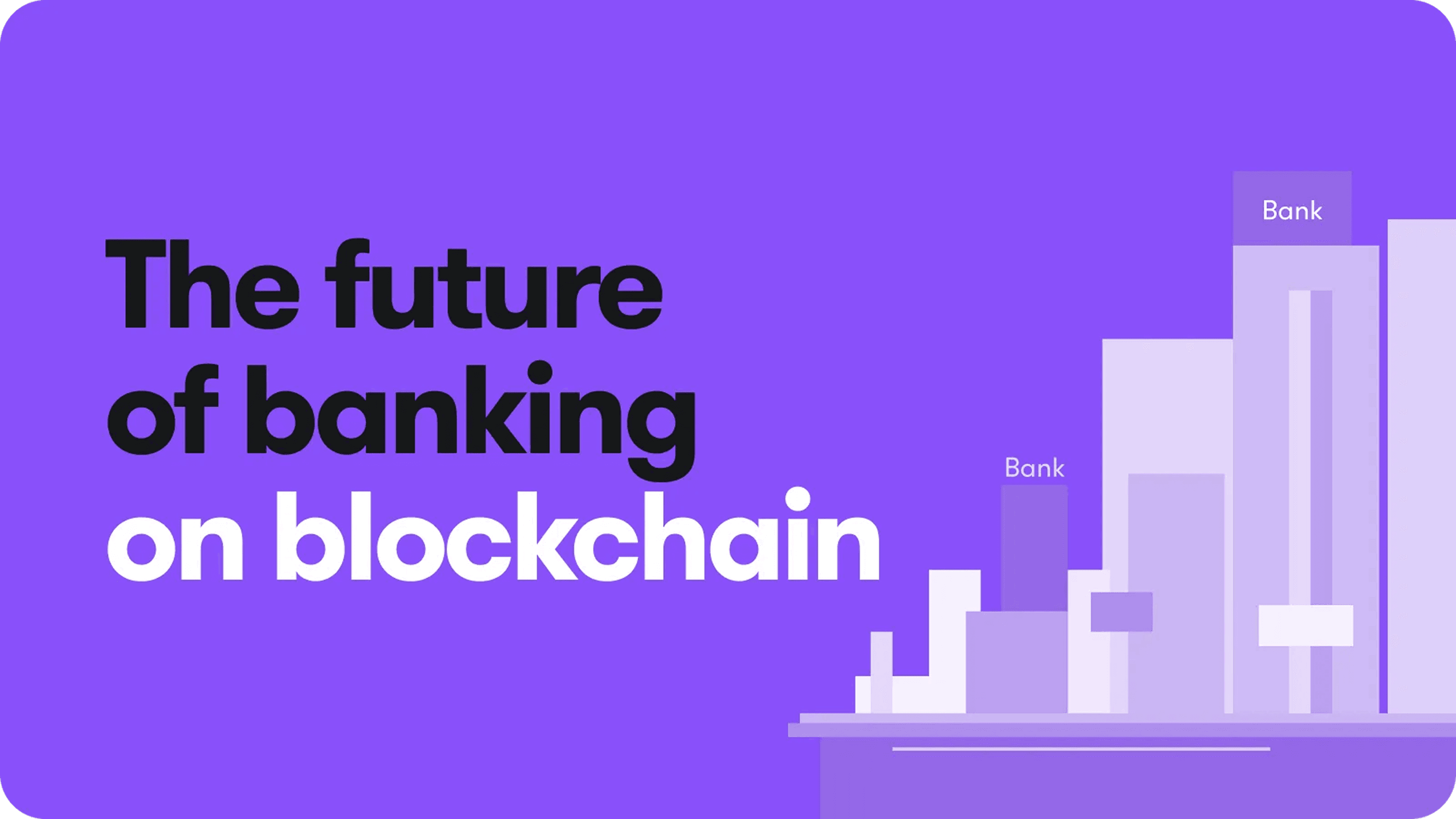
The Future of Fintech Is on the Blockchain
6 May 2025Fintech is often perceived as a revolution—a promise to eliminate intermediaries like banks and financial institutions that traditionally control money flows, transactions, and custody. But this revolution is more nuanced than it seems.
The Role of Professional Intermediaries
In many industries—finance, real estate, travel—professional intermediaries play a critical role. They reduce friction, provide expertise, and increase accessibility. The financial industry was born out of this exact need: to provide structure, trust, and access to complex systems.
While blockchain technology enables direct financial interactions between users—potentially making banks obsolete for many functions—it doesn’t remove the need for a knowledgeable guide. In fact, the need for professional intermediaries is evolving, not disappearing.
What Blockchain Changes
Blockchain radically redefines the infrastructure of finance. Smart contracts already automate many functions for which banks charge fees—transfers, custody, settlements. Technologically, banks are no longer essential to execute transactions. The only barriers to mass adoption are regulatory inertia and entrenched habits.
The explosive growth of non-bank fintech, especially in Asia, Africa, and Latin America, highlights this shift. Traditional banking is becoming a bottleneck rather than a catalyst. The future of fintech clearly aligns with blockchain technology—it reflects the digital nature of modern economies and the demand for transparency, efficiency, and security.
Will Banks Disappear?
Not necessarily. History tells us that transformative technologies often begin outside traditional systems but become truly mainstream only when adopted by incumbents. Credit cards, for example, started with Diners Club but became ubiquitous when banks took over distribution.
Banks may still play a vital role—as digital intermediaries in a blockchain-powered financial world. To stay relevant, they need to evolve into neo-banks: embracing blockchain, integrating smart contracts, and offering seamless financial services on-chain.
A New Role for Financial Institutions
The future is not about owning blockchains—just as banks don’t own the internet—but about building services on top of them. Users care about speed, security, reliability, and accessibility—not the underlying technology. Blockchain is simply the infrastructure. The real value lies in delivering meaningful, user-centric financial products.
This shift creates a massive opportunity for financial institutions willing to innovate. Those who start today—forming internal task forces, building prototypes, partnering with infrastructure providers—can lead the next wave of fintech.
Gateway.fm: Powering the Next Generation of Fintech
At Gateway.fm, we’re building the full-stack infrastructure needed to launch neo-banks and next-gen financial services. From digital banking and cross-border payments to loyalty programs, supply chain financing, and KYC/AML solutions—we make it all possible on blockchain.
We provide fully managed, customizable Layer 2 solutions with compliance-ready architecture and 24/7 expert support from contributors to Ethereum and Polygon — all of which extend to a growing set of DeFi-ready blueprints for real-world use cases. These include, but are not limited to:
Stablecoin Framework: An end-to-end solution for issuing and managing stablecoins, combining smart contracts, real-time indexing, and liquidity tools.
On-Chain Payment Processing: A powerful system that connects traditional payment methods (Visa, Mastercard) to blockchain wallets, enabling seamless fiat-to-crypto transactions.
Decentralized Exchange (DEX): A complete, production-grade DEX stack featuring an Oracle, Indexer, Swap Protocol, Account Abstraction, and frontend—all deployable on EVM-compatible chains.
The only question is: who will seize the opportunity to redefine fintech—and claim the value it creates?
Want to explore how blockchain can fit into your business strategy? Book a free call with your dedicated blockchain expert.
Other blog posts
Want to read more? Discover our other articles below!



